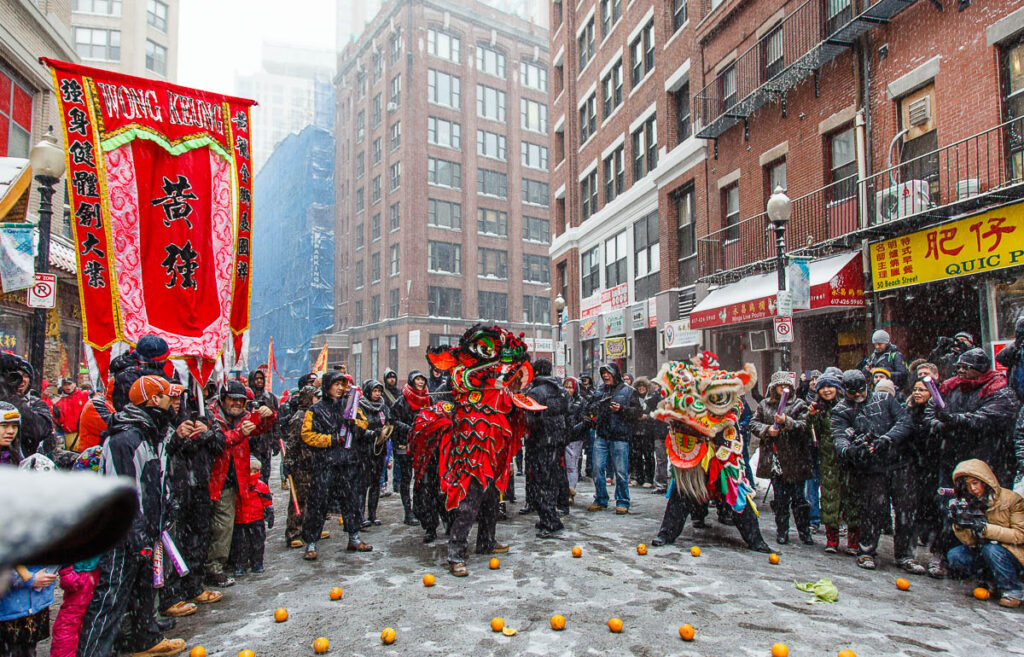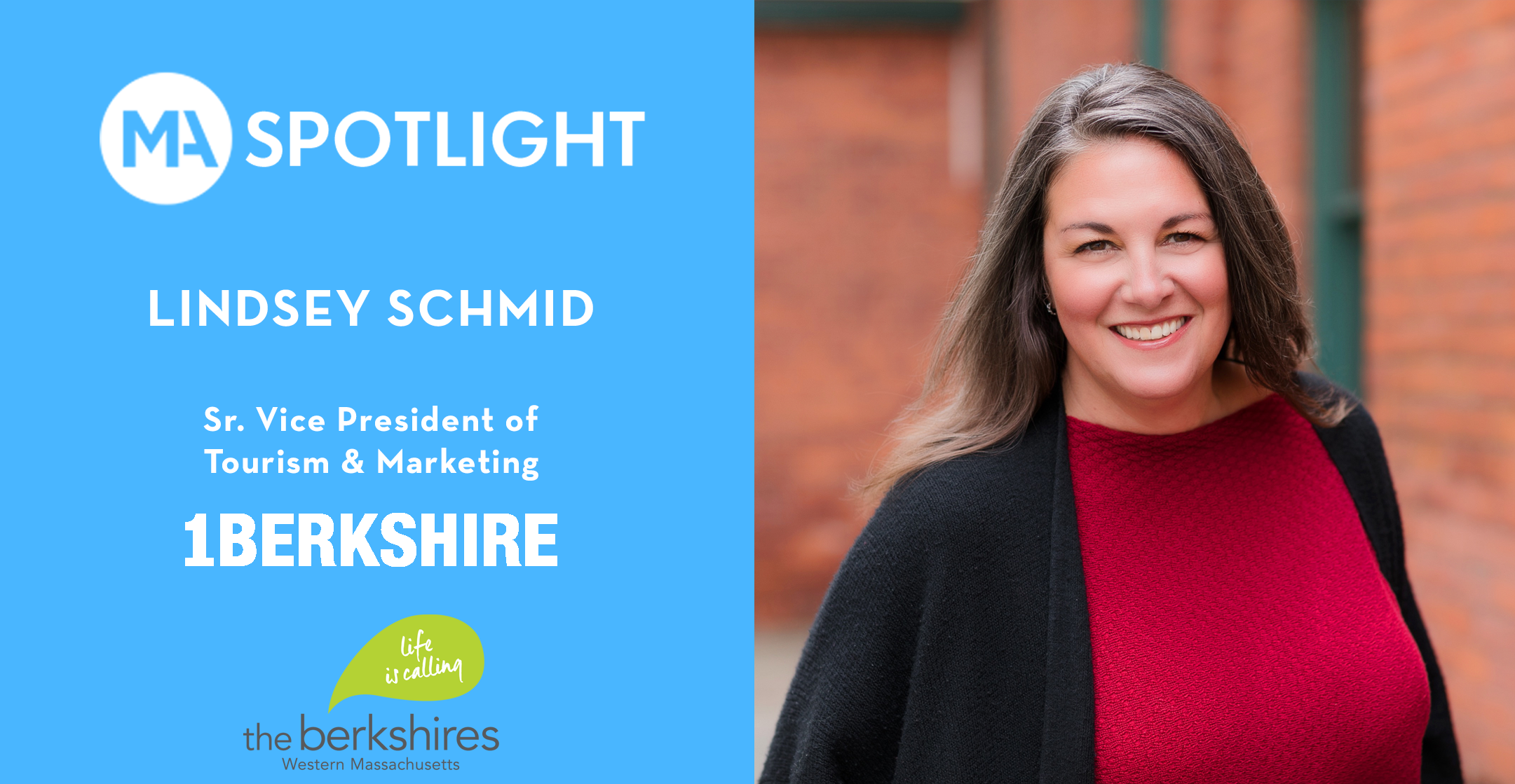Want to create an itinerary from this post?
Create a VisitWidget account and start creating your own sharable itineraries

Massachusetts – a rich quilt of multiculturalism
Mass Cultural Council Executive Director Michael J. Bobbitt leads a mission to elevate the rich cultural life in Massachusetts. The efforts of Mass Cultural Council advance economic vitality, support transformational change, and celebrate, preserve, and inspire creativity across all Massachusetts communities.
Michael, please tell us about your background and how you came to lead the Mass Cultural Council.
Well, the “long-short” story is the arts that I participated in, as a DC Public School Student, saved me from a rough childhood surrounded by dysfunction, danger and a lack of resources. Somehow, when I was participating in dance, music, art, and theatre, everything was OK. I am so grateful to all of the teachers in school and the numerous out-of-school time programs that not only saved my life, but whose generosity and love showed me the value of art, which has led me to a lifetime commitment of creating art and supporting millions of people as they participate in or consume art.
My first career path was as a trumpeter, then dancer, then theatre person, then arts educator. Prior to Mass Cultural Council, my focus was running theatres and freelancing as a playwright, director and choreographer. I did a short stint as the Director of Touring Productions at the Smithsonian’s Discovery Theatre, my first experience working in a government arts organization. During my time as the Artistic Director of Maryland’s Adventure Theatre, I wrote and published numerous musicals, including Bob Marley’s Three Little Birds, Jumanji, Blueberries for Sal, Make Way for Ducklings and Garfield, the Musical with Cattitude.
I moved to Massachusetts in summer 2019 to run the New Repertory Theatre in Watertown, and shortly after was approached about Mass Cultural Council. In Maryland, I had experiences on the boards of chambers of commerce, economic development, non-profit advancement, children and family services, the local arts and humanities council, and with state arts advocacy. I testified often at the Maryland State House, helped to write and advocate for bills and state funding. I had deep relationships with the County Executive, local council members, state delegates and senators, and US Congresspeople. I was a panelist for numerous grant-making organizations in DC and Maryland, including the National Endowment for the Arts. With all this experience, I did not think that it was preparing me to lead a state arts agency. But, somehow…
How does being a creative artist in your own right inform your current role as the Commonwealth’s chief arts administrator and cultural advocate?
I have deeply embedded empathy for the work that artists do and the struggles they live through daily. The same is true for organizations. I have been there. The nuances of their struggles are different, but in my 30 plus years as a professional artist and arts leader, I’ve witnessed, struggled through, overcome, and wrestled with a vast number of the issues that artists and arts organizations currently go through. Additionally, my perspective as a black gay man adds to the knowledge base that I have. All of this informs my work. Beyond grantmaking, I hope that Mass Cultural Council can start addressing some of the systems issues that the cultural sector faces through policy work, sector-wide convenings, educating decision makers, and deepening relationships. My experience as an artist has given me the tools of creativity. I believe our problems can be solved with creativity, especially collective creativity. My goal is to make Commonwealth the best place to live and work in the creative and cultural sector.
This year, Mass Cultural Council is investing almost $100 million state public dollars into the Commonwealth’s creative and cultural sector. How do performing arts and cultural organizations contribute to our economic vitality?
New federal numbers will hopefully be out soon, but in 2021, the U.S. Bureau of Economic Analysis reported the arts and culture sector contributed $25.5 billion to MA’s economy in 2019, representing 4.3% of the state’s GDP, 142,578 jobs, and total compensation of $13.6.
This means our sector is making a larger economic impact in Massachusetts than others, like construction, education services and agriculture. For every one person that attends a sporting event, 5 people attend arts and culture. The secondary spending that occurs around the consumption of arts and culture (restaurants, transportation, retail) is tremendous. It is one of the top reasons people choose to live, work, visit, do business and educate themselves here.
Beyond this, the problems of the world will be solved through creativity and creative thinking. These skills are much needed as we phase out of the information age and into the creative age. Information is easily attainable. It is what we do with this information and how we creatively dissect this information that will help us solve issues of economy, equity, climate change and so on. We have to expose all residents, especially our youngest, to the value and process of creativity. I also think that Massachusetts is so rich in diversity, which often goes unseen. We are a microcosm of globalization. Understanding and utilizing globalization and its rich culture, art and creativity will keep this state nationally and internationally competitive. The economic vitality of the Commonwealth requires deeper investment and policy work in the creative and cultural sector.
What MCC programs and initiatives are relevant to the tourism and hospitality communities
All of it. Every single program, institution, or individual that we support adds to the value of the sector. Massachusetts IS an arts destination. We have so many organizations that are deemed “first,” “only,” “historic” and “largest” in the world. I’m still relatively new to Massachusetts, and in my role, I am lucky to have the opportunity to visit every region and see, meet, and learn from sector stakeholders. Boldly stated, perhaps the cultural sector in this state rivals the Smithsonian. Helping to preserve these institutions through the Cultural Facilities Fund or celebrating their achievements through state-designated Cultural Districts or uplifting marginalized communities that have contributed to the very culture and dynamics of Massachusetts is paramount to the economic vitality that I spoke of above. It also just makes this state so very, very cool.

February is a perfect season to explore cultural enrichment, as Massachusetts celebrates Lunar New Year and Black History Month. How can out-of-state visitors tap into the rich culture and heritage of the Commonwealth? How do you like to mark these celebrations?
I personally like to immerse myself in diverse multicultural experiences all year long. My child is Vietnamese, my husband and my best friend are Jewish and I’m black, so bring it all on. I revere race, culture, ethnicity and nationality and seek out any opportunity I can to experience to richness of people who are different than me. It enriches my life so much. So, I want to try your food, see your art, learn your dances, and appreciate your traditions and customs. It’s exhilarating and continues to expand my mind. I’d love for everyone to do this.
For out-of-state visitors, MOTT is correct to remind you that in Massachusetts, “it’s all here.” Anything you want to experience culturally and artistically, exists in multiple cities and towns in the commonwealth. We are a rich quilt of multiculturalism.
Thank you, Michael.
For more information, visit MassCulture.org.
Want to create an itinerary from this post?
Create a VisitWidget account and start creating your own sharable itineraries




